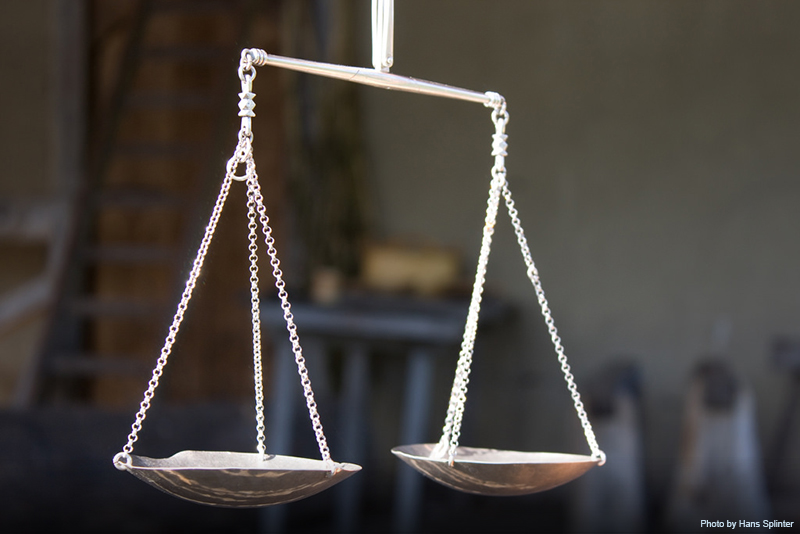
In an ideal world, governments and businesses would work together to benefit every sector of society. In reality, however, tensions often arise between them. Such frictions have led to many recent troubling developments, including Britain's vote in
June to leave the European Union, believes Professor Kishore Mahbubani, Dean of the Lee Kuan Yew School of Public Policy at the National University of Singapore (NUS).
The fundamental reason that the world is becoming troubled is perhaps because the relationship between government and business is not well-settled, said Professor Mahbubani in an evening talk organised by the NUS Business School entitled Government and Business: Friends or Foes? We will find the solutions to many of the world's problems today if we can find the right balance between government and business.
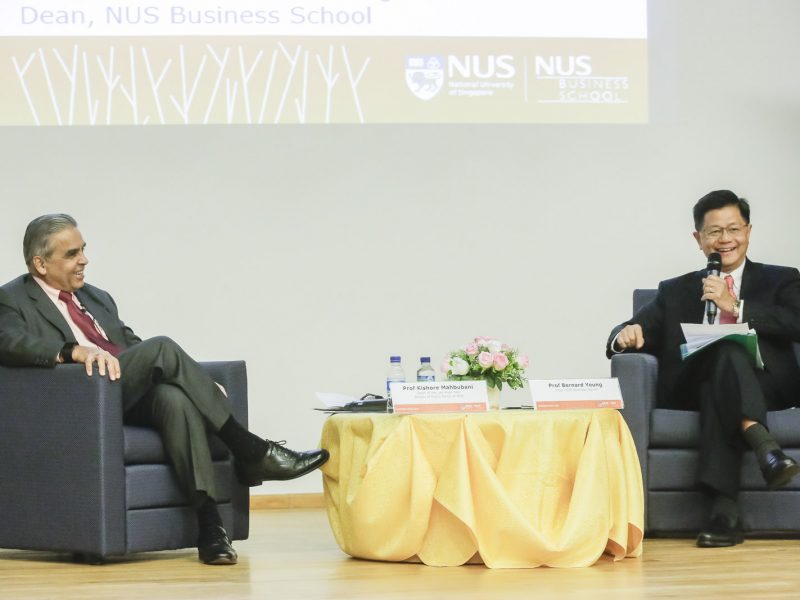
A case for partnership
Professor Mahbubani noted that governments and businesses need one another to thrive. One of the primary responsibilities of government, for instance, is to deliver the peace and domestic law and order that is essential for business, he said.
He witnessed the importance of this responsibility up-close in 1973, when he spent the year in Phnom Penh, Cambodia, which was in the midst of a civil war. The city was shelled every day that I was there, and during that time everyone was thinking about
how they could escape the place, and not about how they could make money, he said.
Businesses are also more likely to flourish when governments provide public goods such as infrastructure, health and education. Professor Mahbubani explained: A better education system, for example, leads to a better labour force and better consumers,
so the role of government in providing education is important at both ends of the business spectrum.
At the same time, governments are also crucial in creating the right set of regulations to promote business and engender trust between firms and consumers. While companies often chafe at regulations, such rules lead to predictability for customers, which
in turn encourages them to spend more.
In 2008, for instance, many people stopped buying Chinese milk and infant formula products after several of them were found to be tainted with melamine, a chemical used in making plastics. That happened not only because of bad businessmen, but also because
of bad regulations, said Professor Mahbubani. People switched to buying milk from Australia and other countries instead because they had greater confidence in those products.
In return, businesses can help governments by creating jobs, wealth and prosperity. Professor Mahbubani noted that China's meteoric economic growth occurred only after it adopted free market economics. That goes to show that the results can be great if
businesses and governments work together, he said.
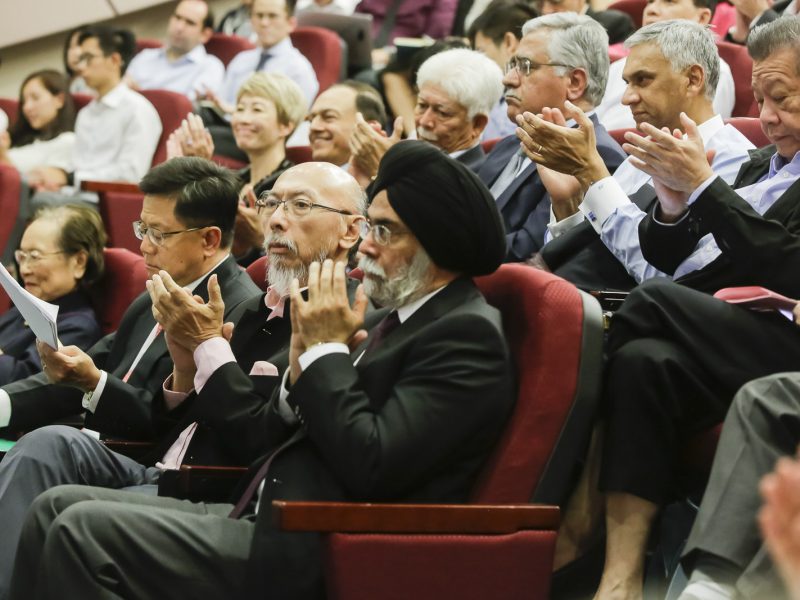
From friends to foes
On the other hand, the public and private sectors can also easily become foes. When businesses focus only on profits, for example, they can hurt societies in ways that require governments to step in. During the Industrial Revolution in the 18th century, companies' unrestricted pollution covered cities in soot and dirtied their air and water. Governments eventually imposed environmental laws such as the Clean Air Act in the United States.
The interests of companies and governments can collide in other ways. Many businessmen engage in corruption, and that can create tremendous problems for societies, said Professor Mahbubani. When businesses get permits that they shouldn't, when they build
factories in places where they shouldn't, when they tear down forests and fish where they shouldn't, that's when governments and businesses become foes.
He added that businesses might attempt to develop a monopoly in their industries, which is detrimental to competition, the economy and society. This is often done through illegal or unethical means, which again creates tension between government and business,
he said.
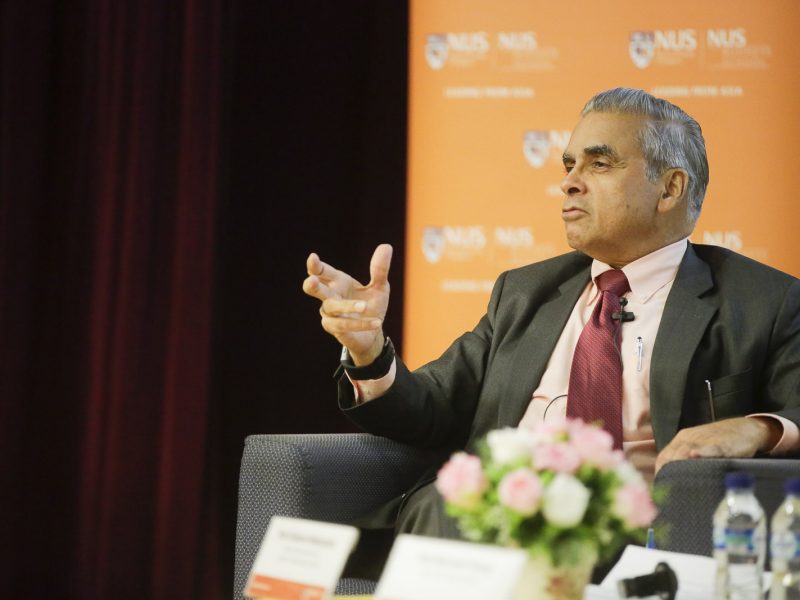
Achieving the right balance
Maintaining the right balance between government and business is crucial to building a prosperous and fair society, but there is little consensus on how to achieve that goal, Professor Mahbubani noted.
The United States, China, Singapore, Japan and European countries such as Germany and France all have reasonably strong and well-functioning economies that deliver economic growth, jobs and products, for instance, but the balance of power between government
and business is different in each country.
In the US, corporations are more influential than the government, said Professor Mahbubani. The role of corporate money has become far more important in its politics, which has led many ordinary Americans to believe that the system is loaded in favour
of big money and corporations. And yet, there is also no doubt that, among the large economies in the world, the US economy is still the most successful.
In Europe and Japan, the government's impact on society is much greater. France, for example, has the world's highest share of government spending as a percentage of gross domestic product. In Singapore, the government is also clearly more powerful than
business. The Singapore government is one of the most pro-business governments in the world, but it is also very resistant to any kind of lobbying from business, Professor Mahbubani said.
China, on the other hand, lies on the opposite end of the spectrum from the US. Even though China is very successful, the influence that businesses have in China is very limited. So you can see how, in these four types of societies, you have thriving
business sectors but different models for what the relationship between government and business should be, he said.
We have to start thinking seriously about what should be the right balance between government and business, he added. If we can create the right formula, and generate social stability and economic growth and reduce inequality at the same time that will
provide a better world order.
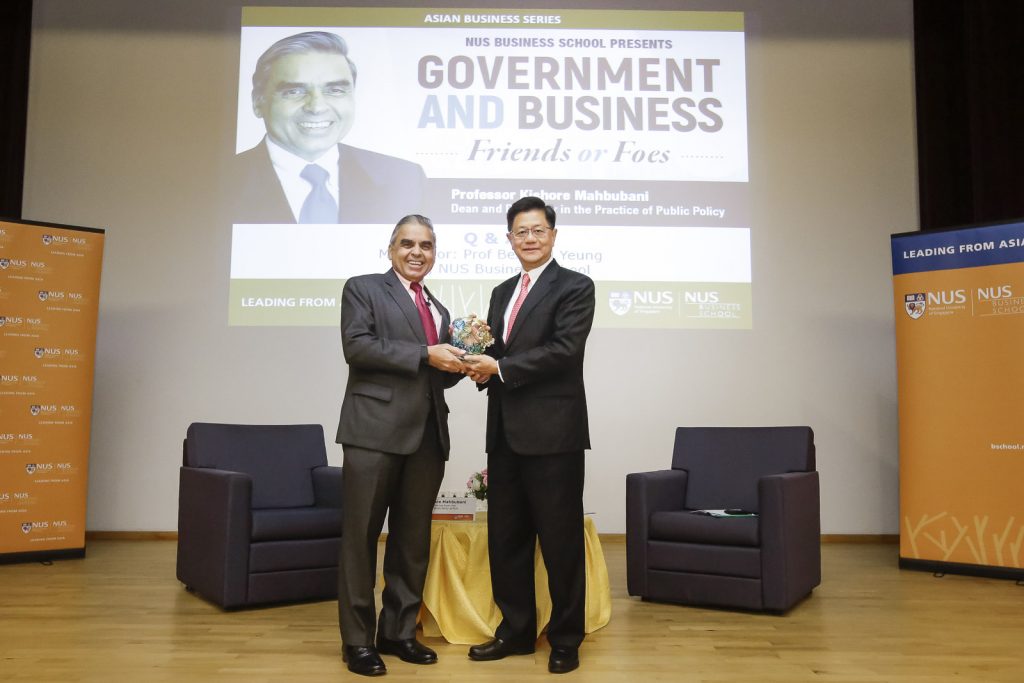
On 20 October 2016, Professor Kishore Mahbubani, Dean of the Lee Kuan Yew School of Public Policy, gave an evening talk titled Government and Business: Friends or Foes? Professor Mahbubani served two stints as Singapore's Ambassador to the United Nations. He is also currently on the boards and councils of several institutions in Singapore, Europe and North America, including the Association of Professional Schools of International Affairs, Indian Prime Minister's Global Advisory Council and World Economic Forum Global Agenda Council on Geo-economics.